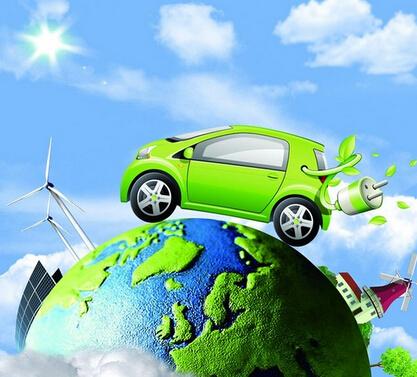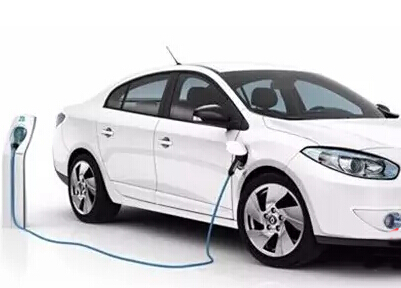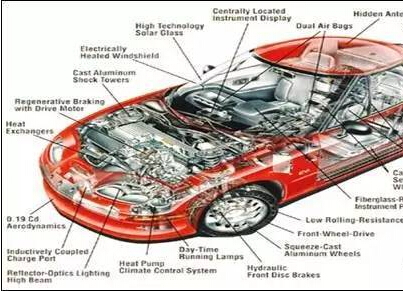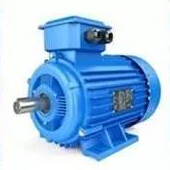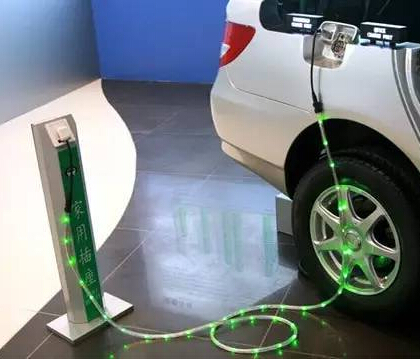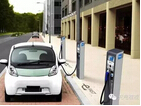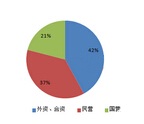As one of the first countries to deploy new energy vehicles, China has always attached great importance to the sustainable development of society and the environment and has adopted a strong and sustainable policy to accelerate the full-scale development of the hydrogen fuel cell industry. "New energy vehicles are expected to make a leap forward after 2020, which is a qualitative expansion," said Xu Changming, deputy director of the State Information Center, at the "Fifth China-South Korea Automobile Industry Development Seminar".
With the theme of "Future Car", the fifth seminar on the development of China and South Korea's automobile industry will continue the high standards and professionalism of the previous four sessions. The seminar will be headed by the leading experts in the automotive industry in China and South Korea. Based on the seminar on hydrogen fuel cell vehicles As the representative of the new energy vehicles, smart car networking and automatic driving technology, launched a depth of exchange and discussion.
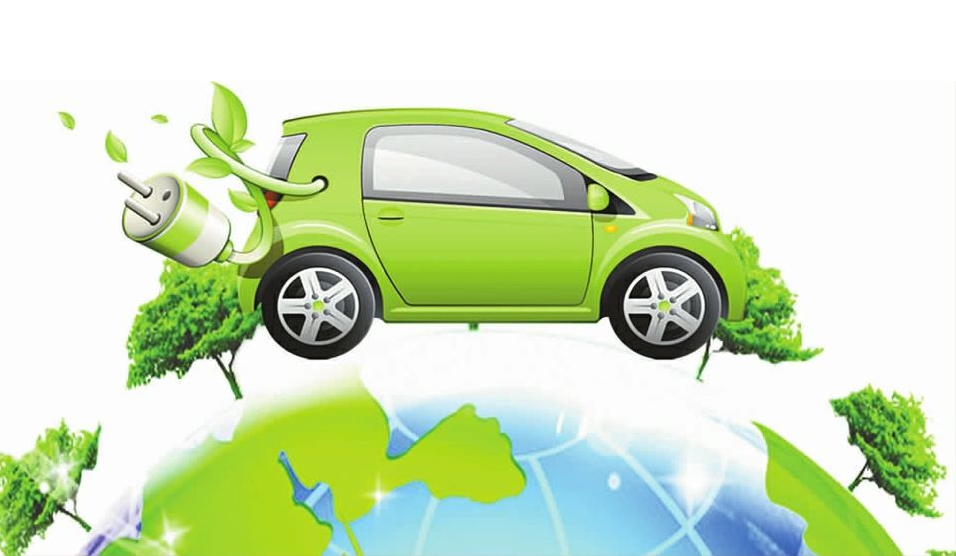
Such a huge car market, new energy vehicles will occupy an important position. Xu Changming judge, new energy vehicles will have leaps and bounds after 2020, and is a qualitative expansion. Xu Changming analysis, a huge automotive consumer demand that China must vigorously develop new energy vehicles. There are various considerations for the development of new energy vehicles. The Ministry of Science and Technology wants to overtake corners of its own brands. Therefore, the formulation of new energy vehicles policy is the time when the self-owned brand sales have reached a low ebb. From 2011 to 2014, the self-owned brands were squeezed out by the joint ventures. We are no longer confident that traditional cars will catch up with international brands. The solution is to overtake corners in new energy vehicles. Others need to consider how to deal with environmental pollution and dependence on oil.
















 RCCN WeChat QrCode
RCCN WeChat QrCode Mobile WebSite
Mobile WebSite